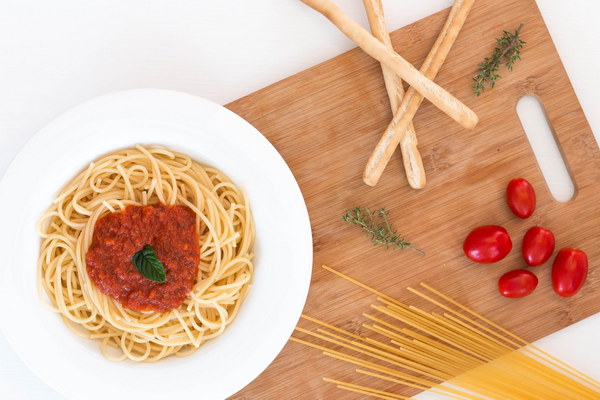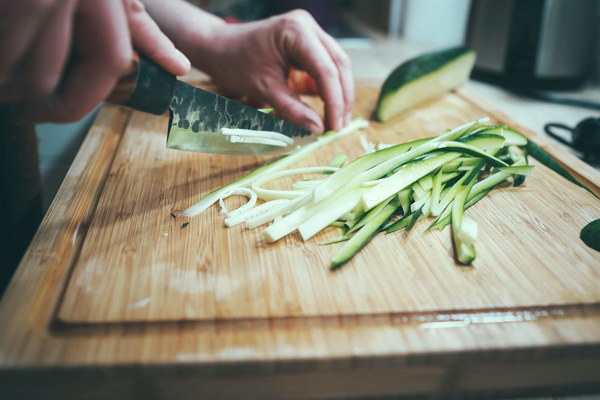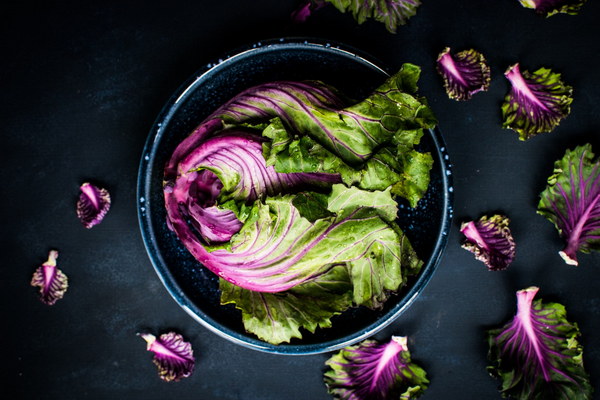Unlock the Ancient Wisdom Li Shizhen's Timeless Remedies for Dampness and Wind
In the annals of traditional Chinese medicine, the name Li Shizhen stands out as a beacon of wisdom and healing. An accomplished physician, pharmacologist, and botanist, Li Shizhen's contributions to the field have left an indelible mark on the world. One of his most notable contributions is the compilation of an extensive medicinal herb reference known as Compendium of Materia Medica, which provides detailed insights into the properties and uses of various herbs. Among these remedies, there are several that are particularly effective in combating dampness and wind, two common imbalances that can lead to discomfort and illness.
Dampness and wind are two fundamental concepts in traditional Chinese medicine that describe specific imbalances within the body. Dampness refers to a condition where excess moisture accumulates in the body, leading to symptoms such as fatigue, heavy limbs, and bloating. Wind, on the other hand, is associated with external factors such as cold, wind, and dampness that can disrupt the body's balance, resulting in conditions like arthritis, colds, and flu.
Li Shizhen's remedies for dampness and wind are a blend of ancient wisdom and practical advice that have stood the test of time. Here are some of his time-honored remedies to help you unlock the ancient wisdom of Chinese medicine and improve your health.
1. Herbs for Dampness
One of the most famous herbs for dampness is Atractylodes macrocephala, also known as Cang Zhu. This herb is believed to help expel dampness from the body and strengthen the spleen and stomach. To use Cang Zhu, you can brew it as a tea or incorporate it into soups and stews.
Another effective herb is Astragalus membranaceus, or Huang Qi. Huang Qi is known for its ability to boost the immune system and enhance energy levels. It can be taken as a tea or in the form of capsules.
2. Herbs for Wind
When it comes to wind, two key herbs come to mind: Angelica sinensis, or Dang Gui, and Ligusticum chuanxiong, or Chuan Xiong. Dang Gui is a well-known blood-tonifying herb that can help alleviate symptoms related to wind, such as pain and stiffness. It can be taken as a tea or in the form of a tincture.
Chuan Xiong, on the other hand, is an excellent herb for treating joint pain and stiffness associated with wind. It can be used in combination with Dang Gui or alone, depending on the individual's needs.
3. Lifestyle Changes

In addition to herbal remedies, Li Shizhen emphasized the importance of lifestyle changes in treating dampness and wind. Here are some of his suggestions:
- Maintain a balanced diet that includes a variety of nutrient-rich foods, such as lean proteins, whole grains, and fresh vegetables and fruits.
- Exercise regularly to improve circulation and boost the immune system.
- Avoid exposure to cold, damp environments, and dress appropriately in changing weather conditions.
- Get adequate sleep to allow the body to rest and rejuvenate.
By incorporating these herbal remedies and lifestyle changes into your daily routine, you can tap into the ancient wisdom of Li Shizhen and improve your health. Remember that it's essential to consult with a qualified healthcare professional before starting any new treatment, especially when it comes to traditional Chinese medicine.
In conclusion, Li Shizhen's remedies for dampness and wind offer a valuable resource for those seeking to improve their health and well-being. By embracing these time-honored practices, you can unlock the secrets of ancient Chinese medicine and experience the benefits of its wisdom.









